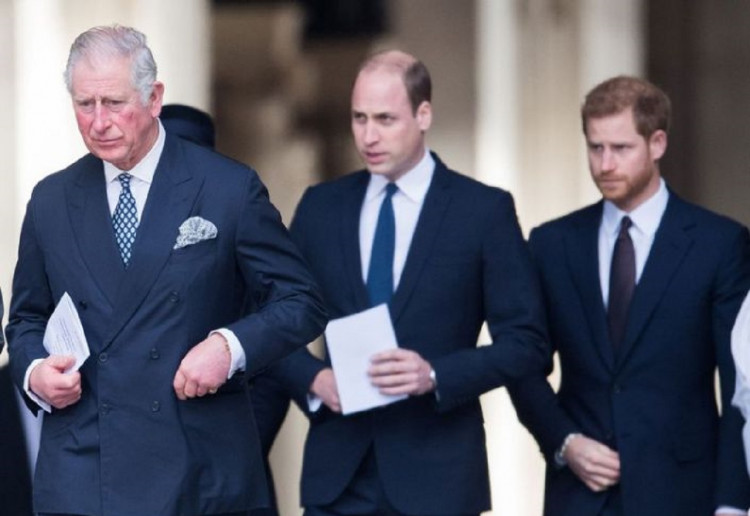In the ever-evolving narrative of the British monarchy, the dynamics between King Charles III and his son, Prince William, are drawing significant attention. Amidst a backdrop of recent scandals and the complex path of royal succession, their relationship and differing approaches to monarchy are under the microscope.
Marlene Koenig, a royal historian, provides insight into the intricacies of their relationship. Contrary to reports of a rift, Koenig suggests a more nuanced understanding. "You always have this, quote-unquote rivalry, between heir and sovereign," she states, adding, "I don't think it's a rivalry. William is doing his path and what he sees his role as heir is." This perspective sheds light on the inherent tensions and expectations faced by heirs to the throne.
Reflecting on historical precedents, Koenig notes the varied ways past monarchs have prepared their heirs. She contrasts Queen Victoria's exclusion of her son Edward VII with George VI's thorough preparation of Queen Elizabeth II. "George VI made sure Elizabeth was very aware," Koenig elaborates, highlighting the importance of grooming the future sovereign. In this context, Prince William's journey is seen as part of a longstanding royal tradition.
However, the challenges are compounded by the scandal involving Prince Andrew and his ties to Jeffrey Epstein. Reports suggest that King Charles' and Prince William's approaches to handling this issue diverge significantly. While the King appears more lenient, perhaps influenced by a promise to the late Queen Elizabeth II, Prince William reportedly views the situation with greater urgency and clarity.
An unnamed source from The Daily Beast suggests a deeper concern on William's part, fearing "a s**t load" of more disturbing revelations could emerge.
This divergence in strategy between the King and the Prince of Wales underscores the complex interplay of personal relationships, public perception, and royal responsibility. King Charles' willingness to offer concessions to Prince Andrew starkly contrasts with his stance towards Prince Harry, further complicating the dynamics within the royal family.
As the monarchy faces these multifaceted challenges, it becomes increasingly evident that the stewardship of this ancient institution requires a delicate balance of tradition, adaptability, and sensitivity to public opinion. The decisions made by King Charles and Prince William will not only shape their personal legacies but also have profound implications for the future of the monarchy.





